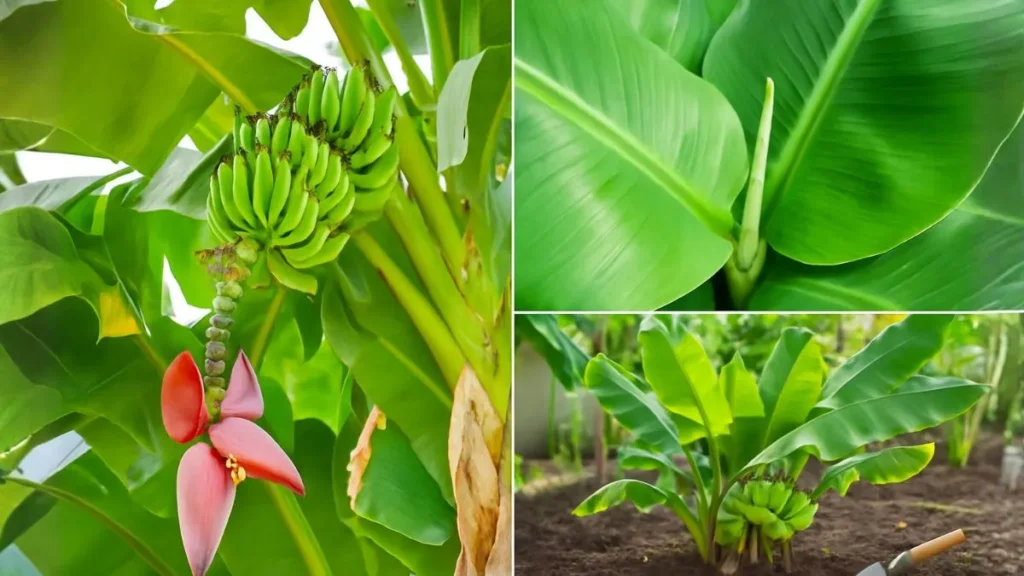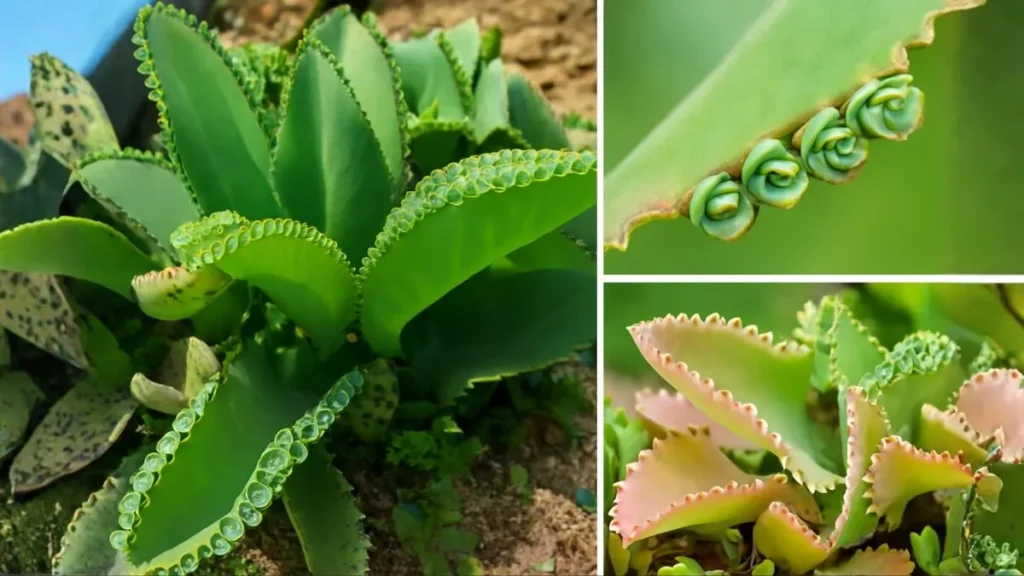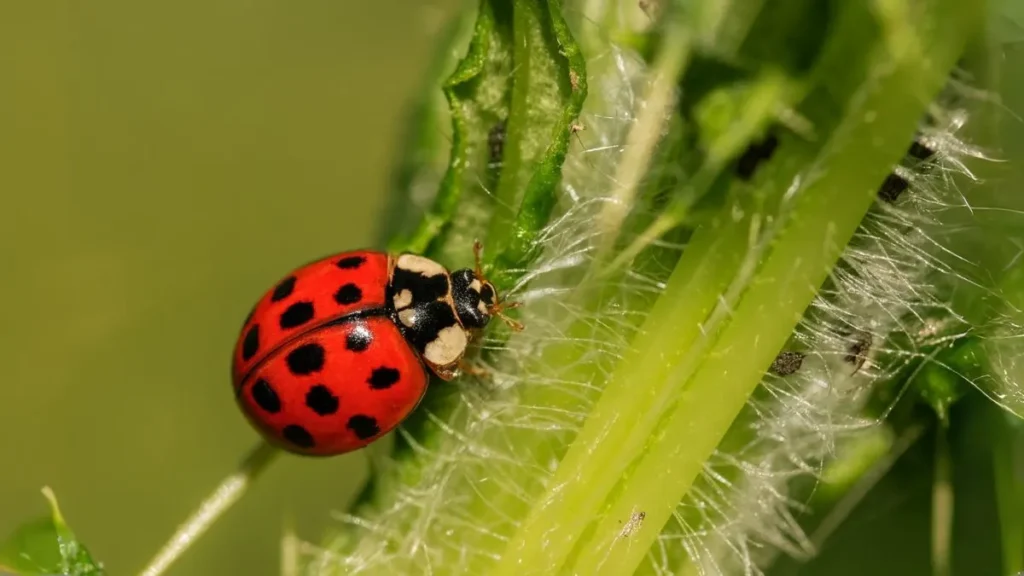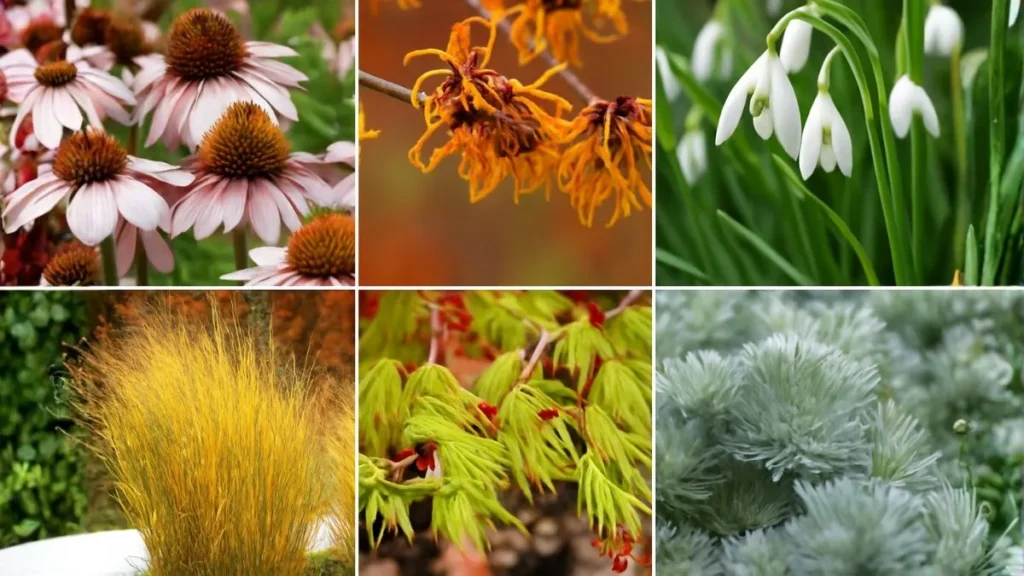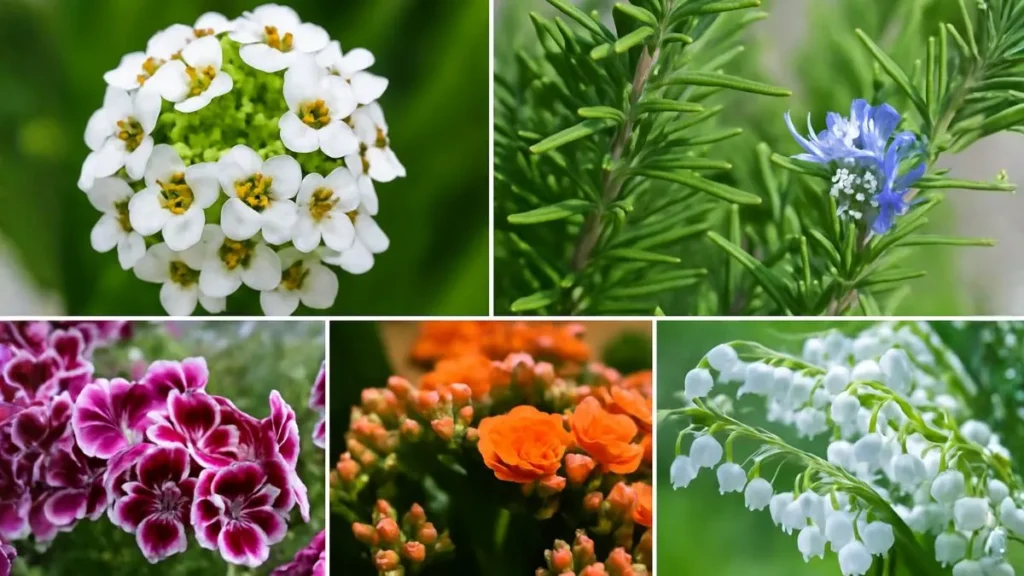The custard apple, also called Annona squamosa or sugar apple, is a hidden gem among tropical fruits. With its soft, creamy pulp that tastes like vanilla, banana, and pineapple all blended into one, it’s like nature’s dessert. Though widely sold in Asia, the Americas, and Australia, people often wonder: Where exactly do custard apples grow?
The answer isn’t limited to one region. From sub-tropical climates to high-altitude valleys, from large-scale farms to many home and edible gardens, custard apples have traveled across continents and adapted beautifully.
The Climate That Custard Apples Love
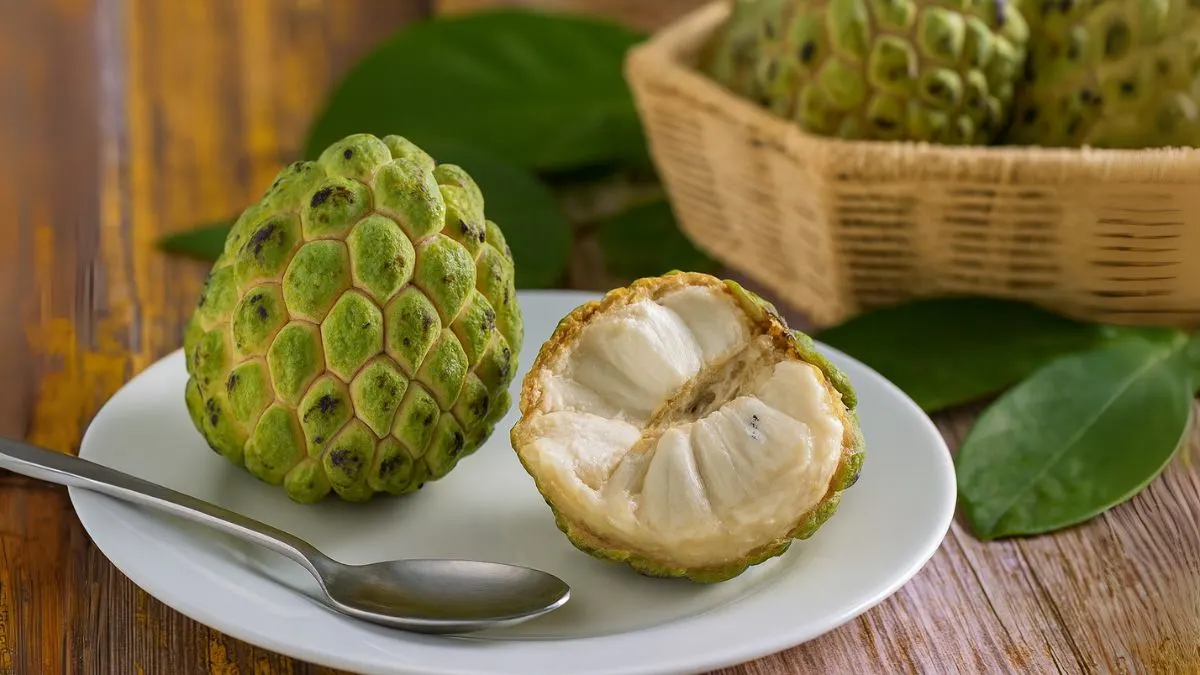
To grow custard apple, the right climate is everything. These trees prefer warm zones without harsh winters. They flourish in sub-tropical climates, where summers are long and warm but not extreme, and winters are mild with no frost.
Interestingly, custard apples aren’t too picky about elevation. They grow comfortably from sea level to elevations of 1,500 metres (5,000 ft). This versatility makes them suitable for both coastal plains and highlands, giving farmers and gardeners a wide range of options.
Custard Apples in Australia
Australia has become a global leader in custard apple production. In fact, there are four main growing areas in Australia:
- Atherton Tablelands in North Queensland
- The Sunshine Coast in Queensland
- Mid North Coast of New South Wales
- Central Coast of New South Wales
These regions combine rich soil, steady rainfall, and the perfect temperature balance. Australian growers have even developed new hybrid varieties to make the fruit sweeter, larger, and more resilient. If you’ve eaten custard apples in North America or Europe, there’s a strong chance they were shipped from Australia.

Custard Apples in the Americas
Historically, custard apples are commonly found in parts of Central and South America, where the fruit has been grown for centuries. Peru, Brazil, and Colombia still cultivate them on a large scale.
Also Read: The Secret to Growing Strawberries at Home
In the Caribbean, they’re a staple in family gardens, and in the Bahamas and southern Florida, farmers cultivate them commercially alongside mangos and avocados. Florida’s humid air and sandy soils are perfect for custard apple trees, especially in regions like Miami-Dade.
Beyond the Tropics – Global Spread
Even though the fruit thrives in the tropics, it has also adapted outside its native regions. In India, custard apples grow not just in tropical plains but also in drier, semi-arid areas.
In North America, gardeners are experimenting with growing custard apples in controlled conditions like greenhouses. Some even try container planting in cooler regions to recreate tropical conditions at home. This experimentation shows how versatile custard apples can be.
Custard Apples in Home Gardens
One of the most fascinating things about custard apples is how well they fit into many home and edible gardens. Unlike mango trees, which can grow massive, custard apple trees stay smaller and more manageable.
When I planted my first custard apple tree in my backyard, I worried about the chilly nights. But with a little care—mulching and occasional covering during winter—the tree thrived and gave me its first fruits within a few years. The taste was so fresh and sweet that it felt like I had a tropical orchard in my own home.
For small gardeners, this fruit is a blessing. It doesn’t demand too much space, and with regular watering and pruning, you can enjoy fresh custard apples from your own yard.
Also Read: Beginner‑Proof Lavender Propagation
Custard Apple Growing Regions
Region |
Growing Highlights |
Australia |
Four main growing areas in Australia – Atherton, Sunshine Coast, Mid North Coast, Central Coast |
Central & South America |
Commonly found in parts of Central and South America like Peru, Brazil, Colombia |
Caribbean & Florida |
Thrive in the Bahamas and southern Florida due to warm, humid conditions |
Asia |
Grown in India, Philippines, Thailand – both in tropical plains and drier zones |
Home Gardens |
Adaptable enough for many home and edible gardens worldwide |
So, where can you grow custard apple? Almost anywhere that offers warmth and protection from frost. From sub-tropical climates to tropical valleys, from sea level to elevations of 1,500 metres (5,000 ft), custard apples are as versatile as they are delicious.
Whether grown in the four main growing areas in Australia, across the Bahamas and southern Florida, or in the heart of Central and South America, these fruits have made their mark worldwide. And thanks to their manageable size, they are becoming increasingly popular in many home and edible gardens.
Custard apples prove that with the right climate and a little care, even exotic tropical fruits can become part of your daily harvest.
